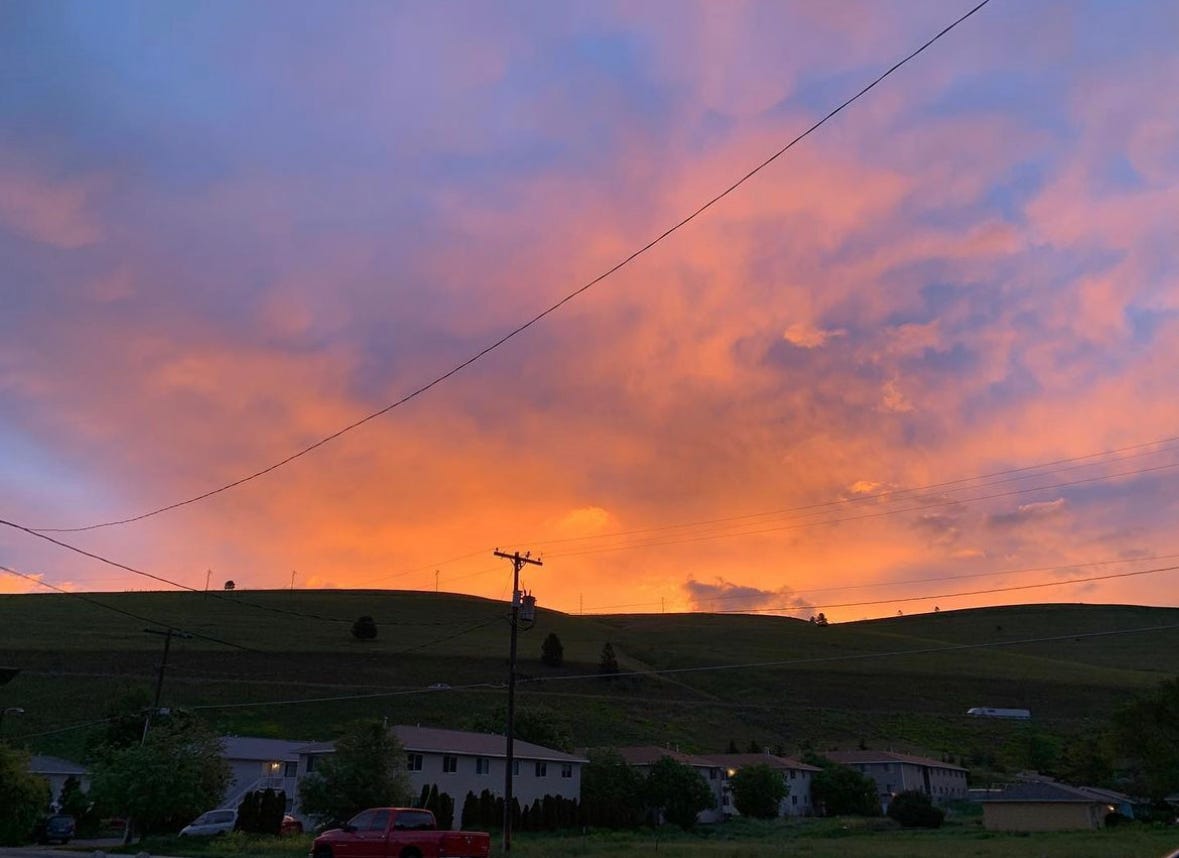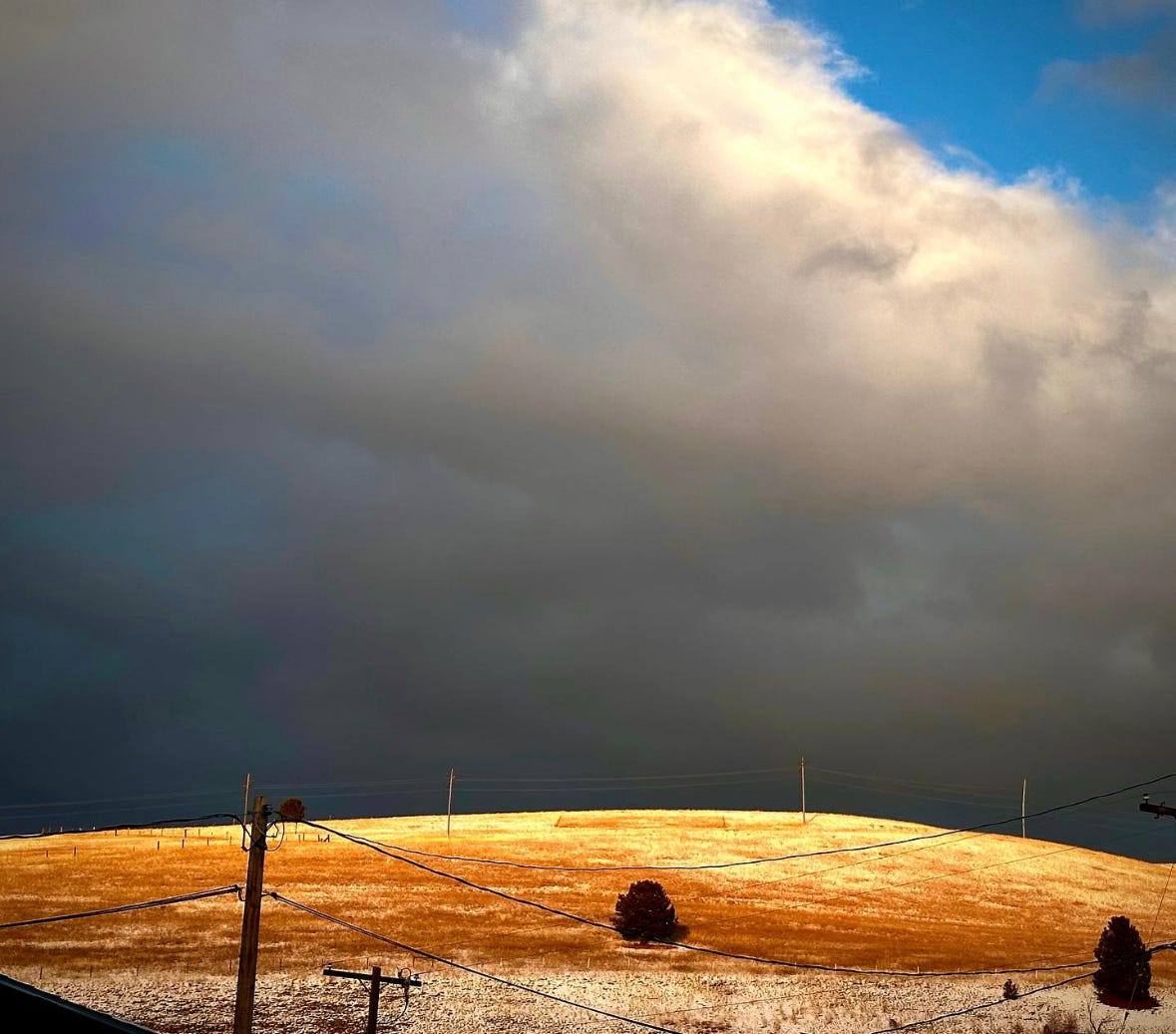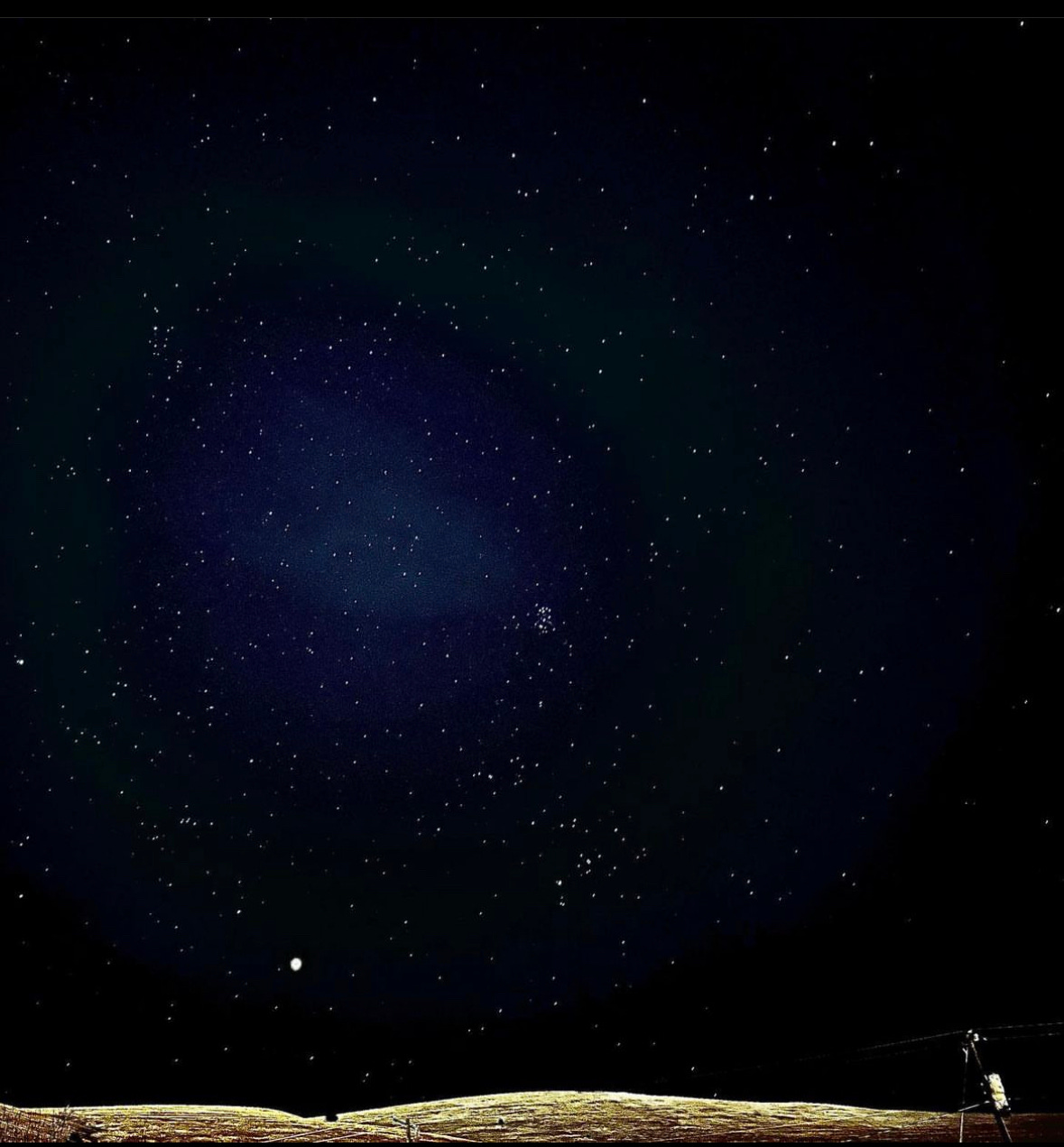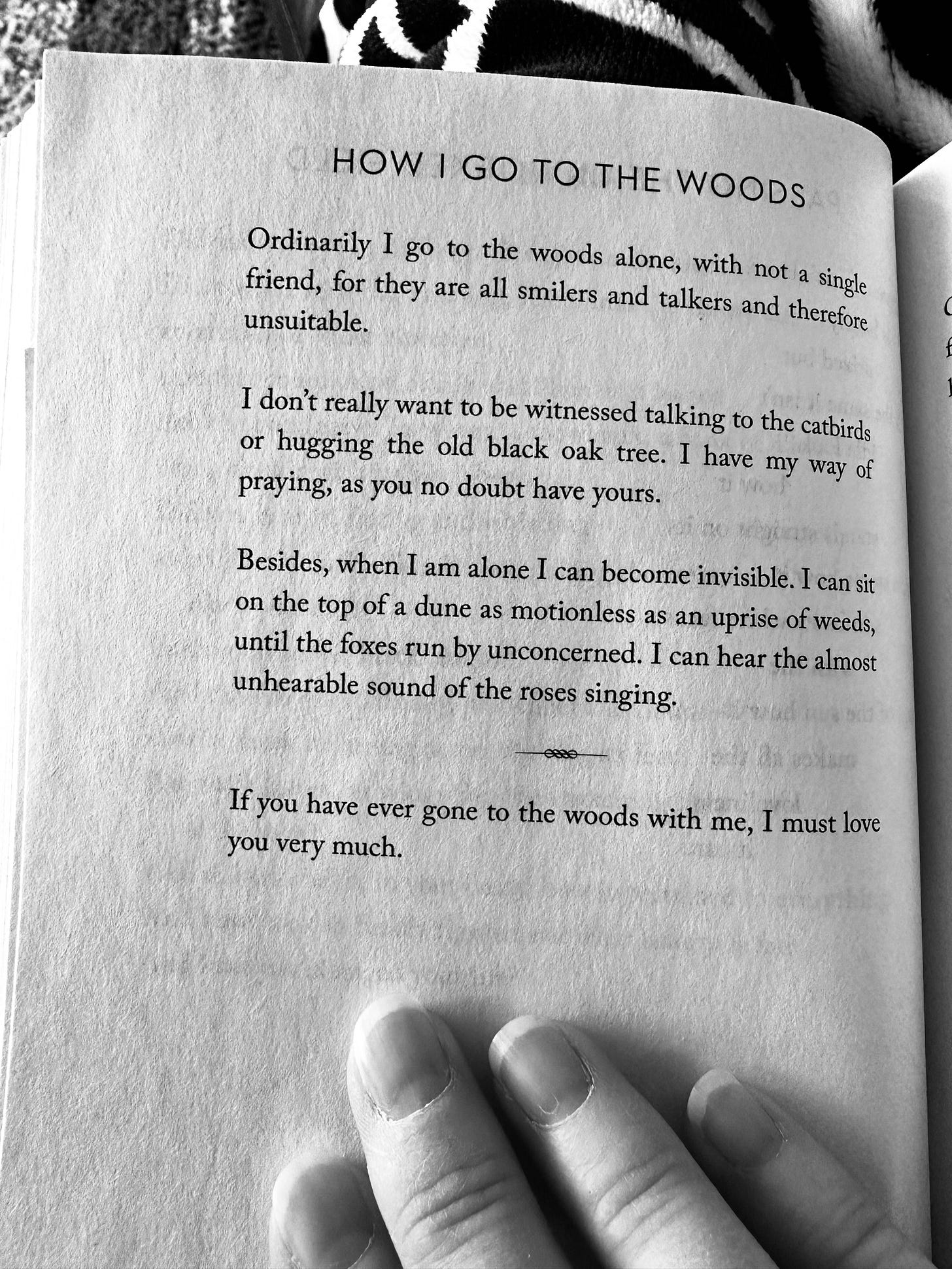When I was in college, there was this program called the Baker Scholars. The program’s purpose was to provide non-business majors with a look into the business world. As an English major I applied to become a Baker Scholar and even though it happened 30 years ago, I still remember one of the interview questions and my response: “Why do you want to learn about business?” I told them, “Because my mom is in ‘business’ and I still can’t figure out what she does.” I was admitted to the program.
And what happened to me? I did not go into finance, or move to New York City, or become an “industry leader” as did many of the Baker Scholars. I became a teacher. Teaching, one of the most human-centered professions there is, along with health care and a handful of other jobs, is fairly pure: teachers go to work each day and interact with young people all day long, for 180 days a year. Right?
Yes and no. Teachers do work directly with students, teaching them helpful and important skills, in addition to serving as mental health support, inspiration, and sometimes chaperones for extracurricular activities. But there is broad-based red tape-style bullshit that arises, takes up teachers’ time, and increases frustration.
There is endless paperwork and regulation surrounding everything teachers do, from grading to communicating with parents to working with special education students, union activity, field trips, curriculum, lesson planning, evaluation, mentorship, sub plans, retirement, sick leave…it goes on seemingly forever.
It’s almost enough to make a person not want to become a teacher.
Not too long ago, I read the book Bullshit Jobs by David Graeber. This treatise on the methods by which humanity has invented utterly useless ways to waste our own time while at work has fundamentally changed how I think about…everything. I recognize now the confusion I expressed in that Baker Scholars interview — what is this stuff people do in offices? Are they making something? Are they talking to people about real things? Or are they, like, discussing spreadsheets and filling out stupid forms all day? Review this quick clip from the hilarious movie Office Space1 for an example. The book names whole entire jobs that are nothing but bullshit, the best instance being the human resources person, I think, but also notes that many jobs can be real in general but involve some low-grade bullshit all the time. See teacher bullshit list above.
This makes me want to run directly to the hills, wherever they may be, and build a cabin out of twigs and moss, harvest berries for meals, and listen to owls for the rest of my life.2 I know it is a direct reaction to the mindless and soulless minutes I’ve had to spend doing things that absolutely, fundamentally do not matter. I truly get why some people become reclusive.
But I don’t live in the hills. I live in a townhouse where I have a mortgage and an HOA fee, make a car payment and deal with taxes. And now that I’m no longer in the classroom, I think a lot about bullshit and try to make sure that my daily work minimizes it. I know I’m doing important work on the whole, but I’m always on the lookout for dehumanizing aspects of my day and try to avoid them. I have to.
In fact for me, emphasizing the real things in the world is a way to combat the feeling of artifice that sometimes pollutes my day. What are the real things? Piney mountain trails, a coyote racing across a field, a sunrise with impossibly pink clouds, a snow squall, the playlist that takes you back to a youthful time, closeness you feel with a person who is special to you.
I sit outside almost every morning to drink my coffee in an attempt to connect with what’s real in the world - the square of sky I can see above the courtyard where I live, the north hills, the crisp air or snowflakes drifting onto my ankles. I take photos of the north hills whenever anything is even slightly beautiful, which is all the time. I try to walk somewhere in nature at least every weekend, and much more frequently in the glorious Montana summer when the sunlight lingers until nearly 11 pm. I take solo vacations to places where I can be mostly left alone, and reconstitute myself into a human being instead of a creature run ragged by spreadsheets. Mary Oliver has some things to say about this.34
I think many people do what I do, perhaps in smaller increments or in different ways, whether it’s taking a daily walk through the neighborhood at dusk, or going on a camping trip in the mountains. Perhaps especially in the west, where wilderness spreads before us across wide maps, with no roads and no cell service, people seem more apt, and more able, to reconnect with themselves, and with the world.
But how many millions of people lack the opportunity to connect with something real, or don’t know how to make it happen? Or worse, don’t even consider it, not seeing the value. I suspect so many live indoors all the time, perhaps staring at screens, or moving from house to garage seamlessly and stepping outside only to walk into the pharmacy. Or like some of my townhouse neighbors, having every meal delivered. I am worried about them. I am worried about us! Once we are facedown in the muck of all the bullshit, how do we get out?
One of the best movies about office culture ever made.
I would certainly starve inside of a month.
I’m a lot more chatty than the speaker in this poem, but still. I agree.








This resonates so, so deeply. I worry about the people who never have the chance to shed the bullshit and reconnect. Or, as you say, don’t want to.
In solidarity with the dreams of running away to cabins and picking berries (and probably starving).
This is really really good. Makes my inner transcendentalist hermit soul strings go bzzzzzzz. Nice work.